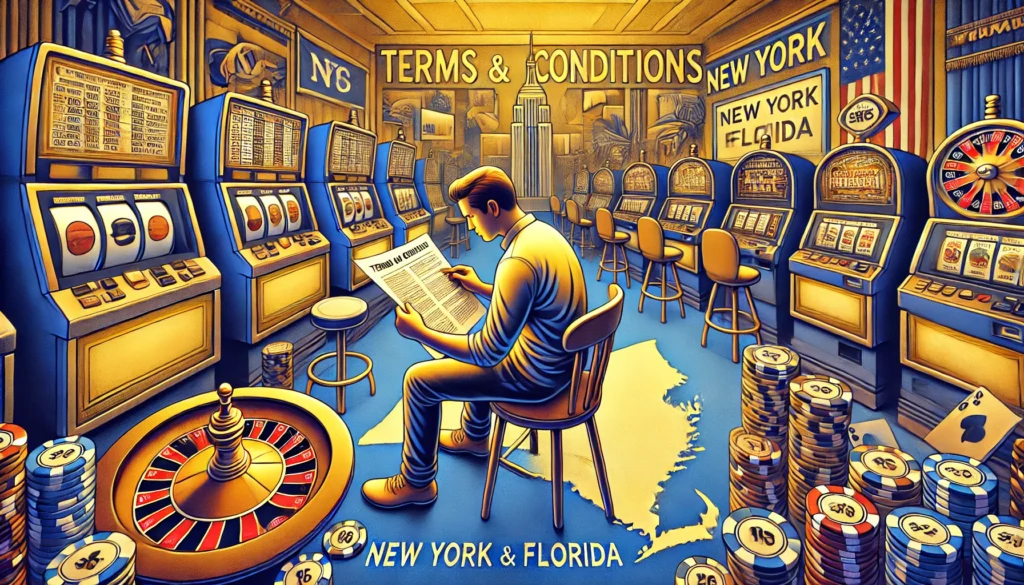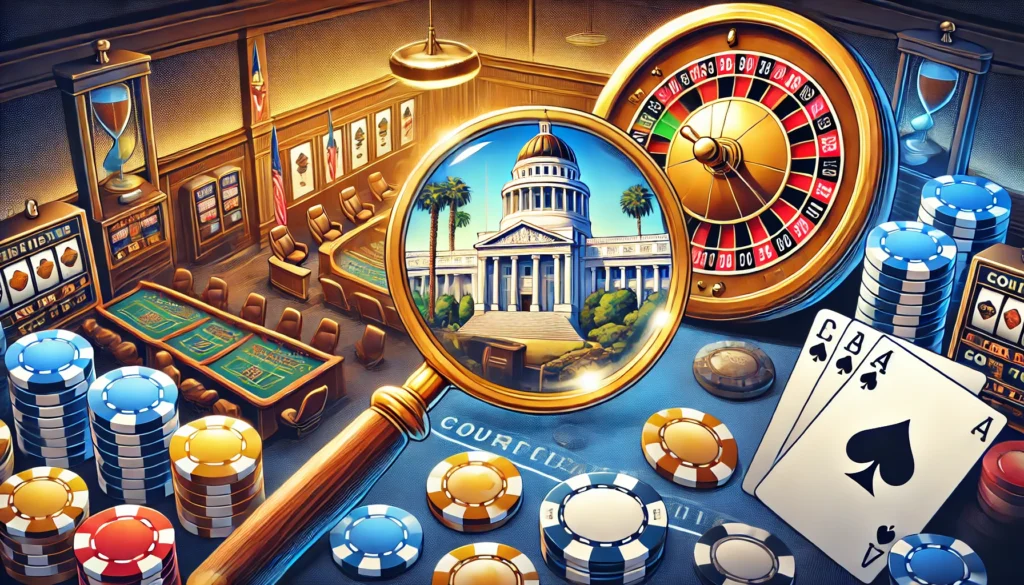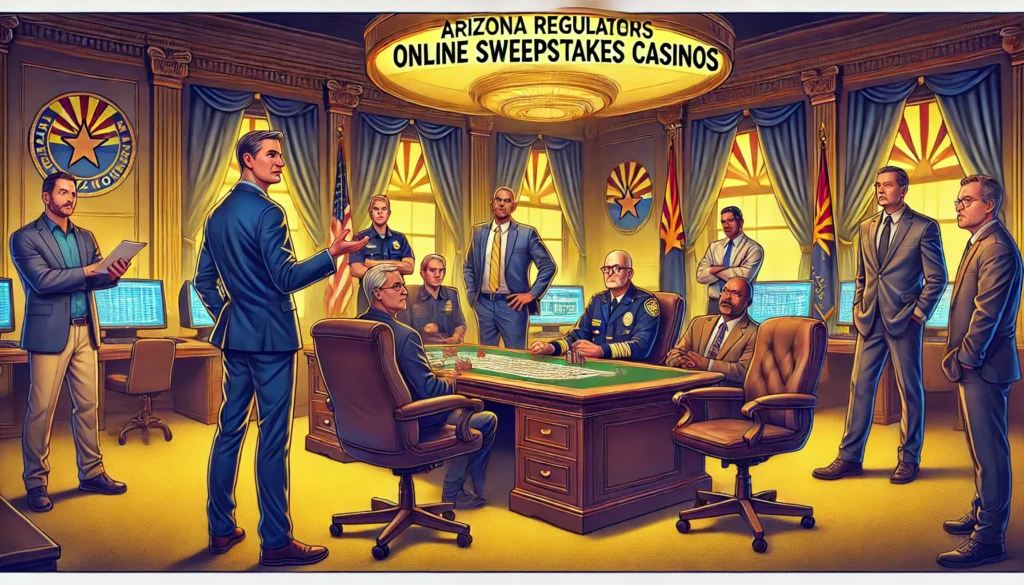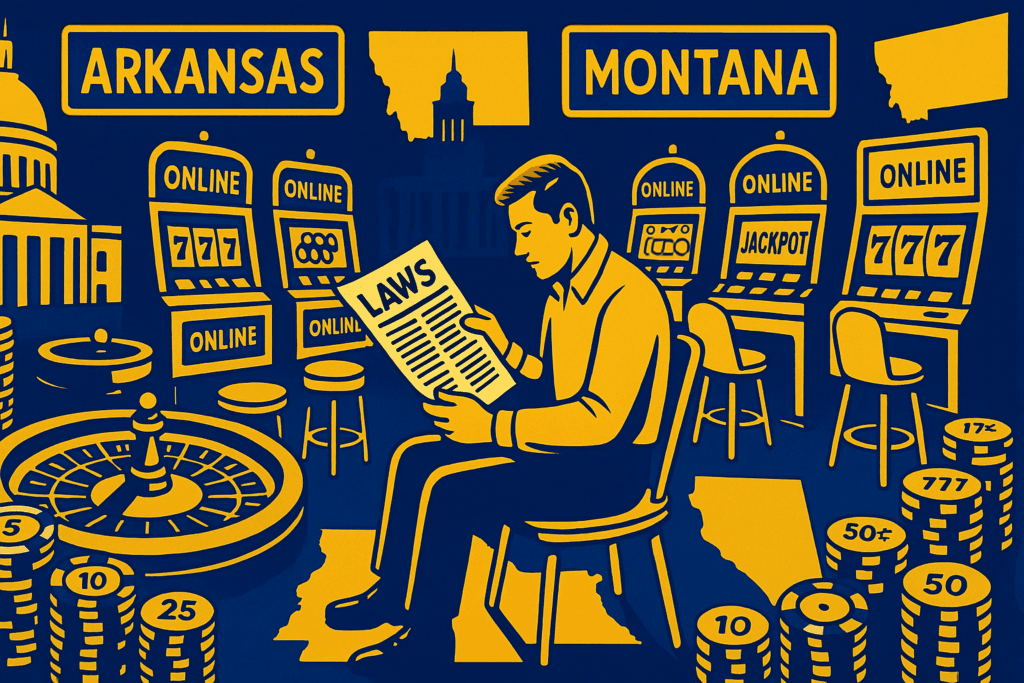A bill filed in the New Jersey legislature on Jan. 16 seeks to regulate and include sweepstakes casino sites within New Jersey’s existing internet gaming framework.
Assembly Bill 5196 proposes details for licensing, oversight, and taxation for sweeps gaming sites that currently operate outside of the state’s extensive regulated iGaming market. If passed, the NJ bill would be the first to integrate sweepstakes casinos alongside regulated internet casinos under a state’s regulated gaming enforcement.
The bill’s sponsor is Assemblyman Clinton Calabrese, Vice Chair of the NJ Assembly Tourism, Gaming and the Arts Committee.
Key details of proposed sweeps gaming regulation in NJ
Major critiques launched against social and sweeps casinos of late have centered on lack of regulatory oversight, including taxation and player protections. The proposed NJ amendment addresses both by requiring sweepstakes sites to follow the same processes and requirements as regulated gaming sites in NJ.
Like their currently regulated iGaming counterparts, the sweeps casinos would have to:
- Partner with an Atlantic City casino
- Apply for and obtain an internet gaming permit and pay license and permit fees
- Pay the same internet casino taxes on gross gaming revenue.
- Follow requirements to ensure 21-plus age verification of customers
- Submit to employee background checks
The bill also requires approved sites to pass independent third-party audits of their operations and financial standing every six months.
Definition and enforcement of sweepstakes casinos
The legislation refers to sweepstakes casinos as “casino service industry enterprises” and defines them as a site which:
- “Provides participants with an opportunity to play authorized gambling games … ” but “does not require any initial monetary investment on behalf of the participants to play and instead is played primarily with free currency”; and
- “Awards to participants at random, as a bundle with the purchase of free currency, or upon the completion of certain specified tasks, currency or promotional gaming credits which can be wagered on games and are redeemable for cash, prizes, or other things of value.”
Along with regulating any sweepstakes casinos that are approved to operate within New Jersey, the proposed bill grants authority to the NJ Division of Gaming Enforcement to work with law enforcement and telecommunications providers to investigate and limit unauthorized operators.
As per current law, unregulated sweeps operators would be subject to fines of $1,000 per player per day for offering internet casino gaming and $10,000 per violation for advertising its platform in NJ.
Support for sweeps casino regulation
During December’s National Council of Legislators from Gaming States (NCLGS) conference, Bill Gantz (Trials, Gaming, and Intellectual Property Partner at Duane Morris), advised during a sweepstakes gaming panel:
“If you want to regulate or prohibit (sweepstakes casinos), then you should change the law and change the regulations.”
The proposed NJ bill seeks to do just that.
The Social & Promotional Games Association (SPGA), a recently organized sweepstakes gaming trade organization, has also spoken in favor of regulatory frameworks for social and sweeps gaming sites. They put out a statement on LinkedIn supporting the proposed NJ bill:
“The SPGA welcomes Assemblyman Calabrese’s New Jersey bill. The SPGA and its members are advocates for clear regulations that enable transparent, innovative, and responsible social and promotional gaming experiences.
The bill aligns with our core objective of reinforcing the well-established legality and legitimacy of social sweepstakes games, which millions of American adults enjoy.”
The NJ bill passing could work to lend more legitimacy to the sweepstakes gaming industry, which has been the target of regulated gaming trade organizations’ critiques and an increasing number of lawsuits in recent months.
On the flipside, it’s likely that the well-established regulated casino industry and gambling operators in NJ will use their lobbying power to at least try to prevent this bill from passing.








